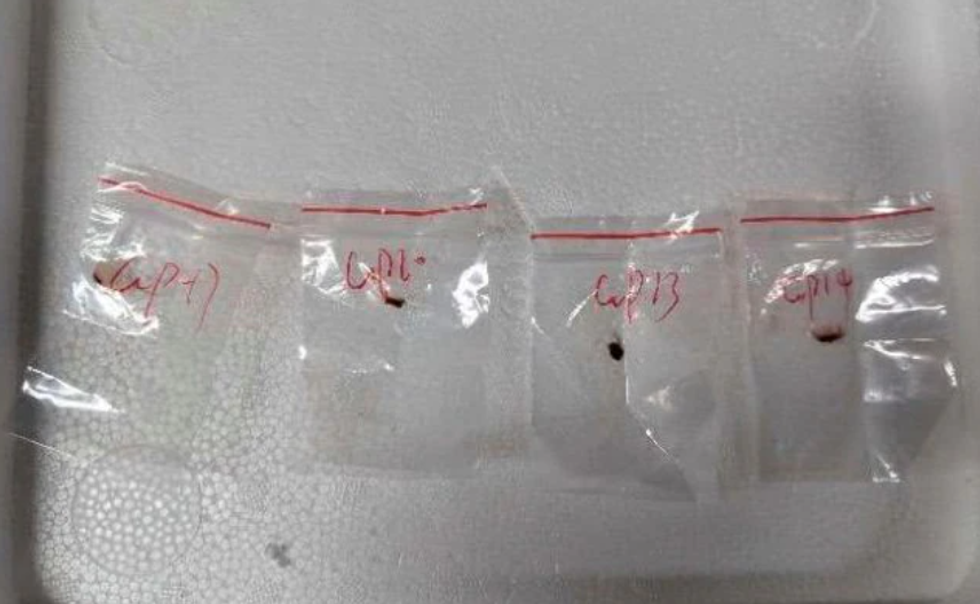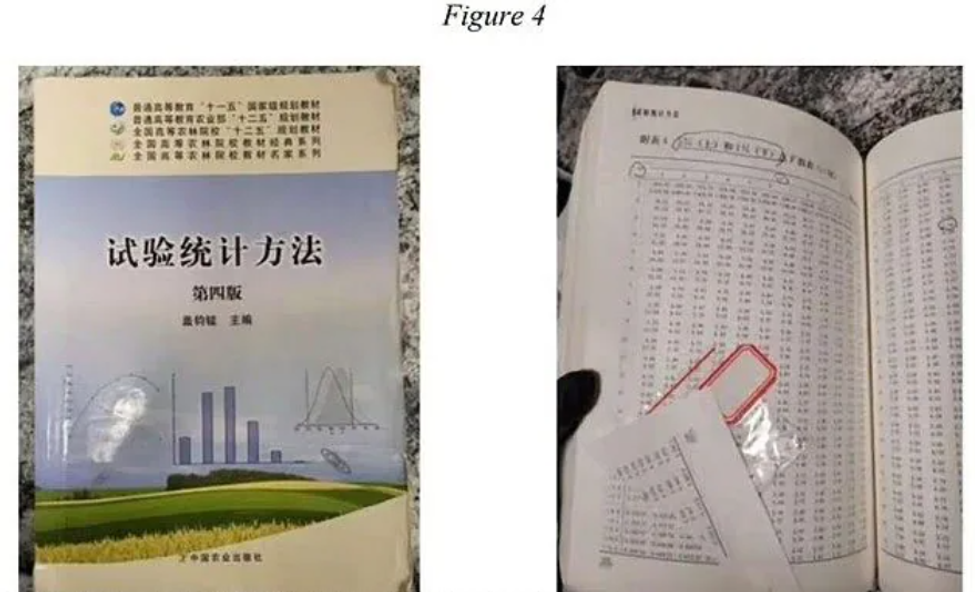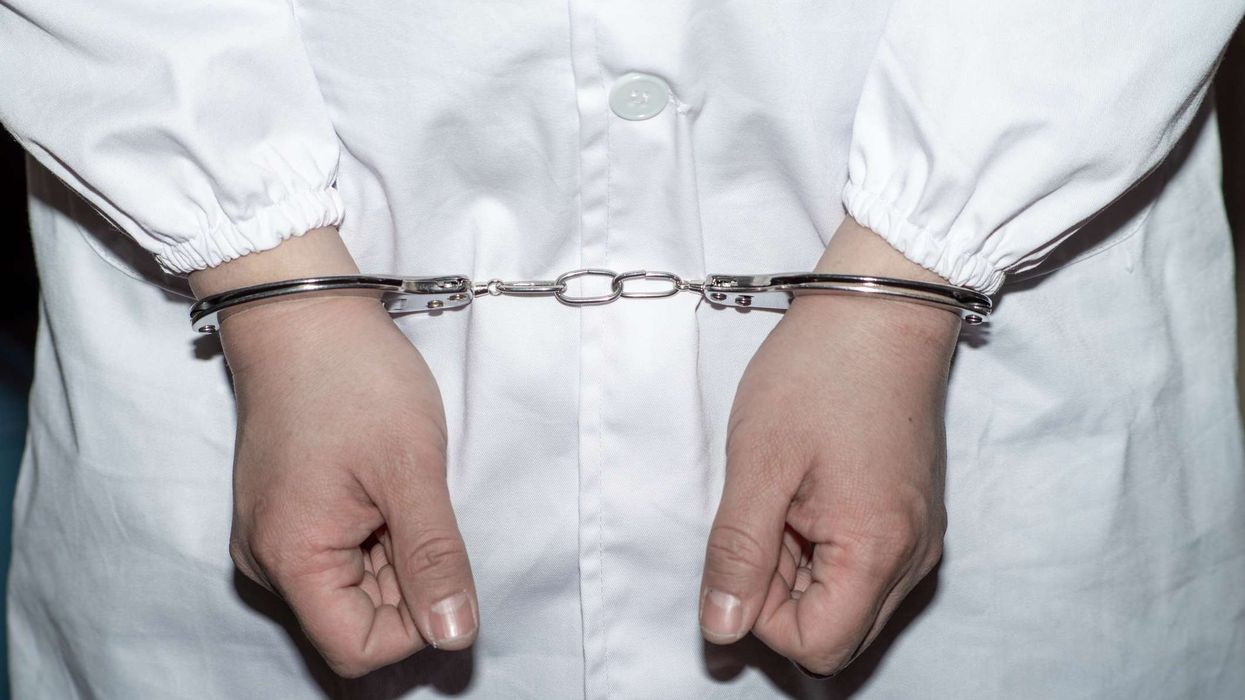A Chinese scientist working at a top US university has been arrested over allegations of smuggling a dangerous crop-destroying fungus into the United States. The pathogen, classified as a potential agroterrorism weapon, poses risks not only to crops but also to human and animal health.
Scientist pair accused of conspiracy
Yunqing Jian, 33, a researcher at the University of Michigan, was arrested and charged with conspiracy, smuggling, visa fraud and making false statements. Her partner, Zunyong Liu, 34, who previously worked at a university in China, is also accused in the case. US authorities allege that the pair conspired to bring Fusarium graminearum—a fungus responsible for billions in global agricultural losses—into the country.
The fungus causes a plant disease known as "head blight", particularly in wheat, rice and barley. It not only devastates harvests but can also lead to vomiting, liver damage and reproductive problems in both humans and livestock if ingested.
Fungus labelled as an ‘agroterrorism weapon’
According to the FBI, Fusarium graminearum is recognised in scientific circles as a potential agroterrorism threat due to its severe economic impact and its ability to contaminate food supplies. The US attorney’s office for the Eastern District of Michigan confirmed that the University of Michigan does not hold federal permits to handle this pathogen.

“It is responsible for billions of dollars in economic losses worldwide each year,” the statement added.
Smuggling attempt at Detroit airport
Authorities claim that Liu attempted to smuggle samples of the fungus through Detroit airport in July 2024. During an inspection, red-coloured plant material was discovered in his backpack. He was immediately returned to China, which does not have an extradition treaty with the US, making it unlikely that he will face charges unless he voluntarily returns.
Despite this, investigators say Jian was already working with the fungus at the University of Michigan before Liu’s interception. FBI director Kash Patel alleged via a post on X that Jian had previously received Chinese government funding for similar research in China.
Evidence of Communist Party loyalty
A search of Jian’s mobile phone revealed a document pledging her allegiance to the Chinese Communist Party (CCP). The declaration stated: “I adhere to the four basic principles, support the leadership of the Communist Party of China, resolutely implement the party’s educational guidelines and policies, love education, care for students, unite colleagues, love the motherland, and care about national affairs.”
The "four principles" referenced in the document include upholding socialism, the leadership of the CCP, Marxism-Leninism and Mao Zedong Thought (Maoism), and the people’s democratic dictatorship.
US Attorney Jerome Gorgon Jr described the case as “of the gravest national security concerns,” citing fears that the CCP is using academics to infiltrate sensitive American institutions.
Suspicious research and communications
Investigators found messages between Jian and Liu indicating that they were both working on Fusarium graminearum in 2024. Liu's phone also contained an academic article titled "Plant-Pathogen Warfare under Changing Climate Conditions", which raised further suspicions.

In court, Jian appeared handcuffed and visibly distressed. Her bond hearing is scheduled for Thursday. Journalists were barred from attending the session, but reports say she appeared shocked as the charges were read aloud.
University and White House respond
The University of Michigan issued a statement saying it had no involvement in the research and denied receiving any funding from the Chinese government related to the accused individuals.
“We strongly condemn any actions that seek to cause harm, threaten national security or undermine the university’s critical public mission,” the university said.
The case has surfaced at a sensitive time in US-China relations, with President Donald Trump expected to speak with Chinese President Xi Jinping later this week. Trade tensions remain high, particularly over agricultural tariffs, and US officials have expressed concern over China’s purchase of around 380,000 acres of American farmland, some near military installations.
Geopolitical backdrop
The arrest also comes amid a fragile pause in the ongoing US-China trade war. After Trump’s “liberation day” announcement on 2 April, tariffs on Chinese imports peaked at 145 per cent. China retaliated by placing levies on roughly £16 billion worth of US goods, particularly agricultural products, causing American grain prices to plummet.
The FBI has framed the fungus smuggling case as part of a broader pattern of Chinese interference in US domestic affairs, including attempts to undermine the nation’s food security.
“This case is a sobering reminder that the CCP is working around the clock to deploy operatives and researchers to infiltrate American institutions and target our food supply,” said Patel.





